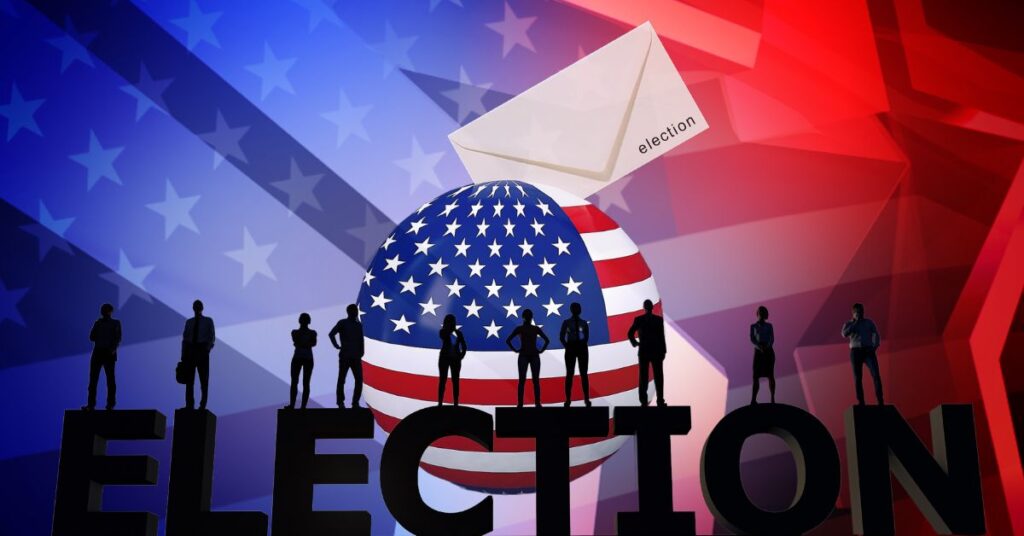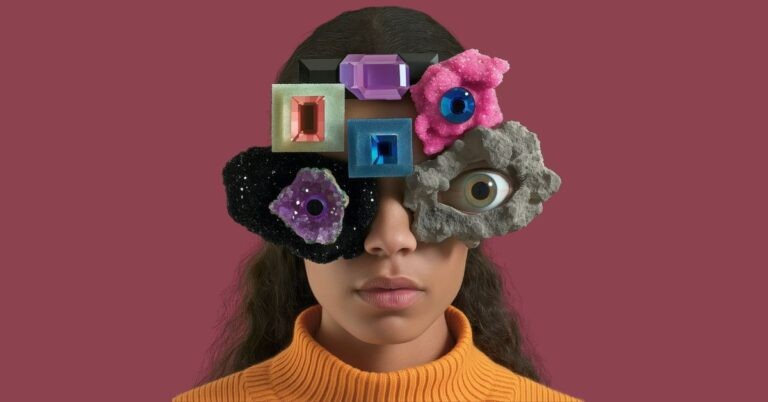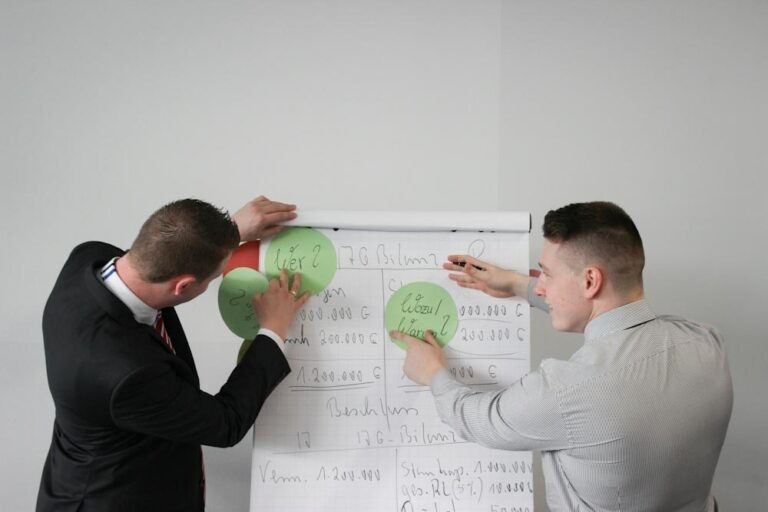
As the US elections are coming to their final stages, the world is holding its breath as the effects of who will govern are sure to be felt not only in the USA, but also all over the world. In this way, I don’t want to contribute to further discussions about who would be the best person to win.
In fact, today, I want to address the side of the discussion that focuses on purposeful miscommunication that both parties arguably engage in to win the election and govern society. This behavior is also observed in other political parties, companies, and individuals who use lying and deception to further their interests, profits, and power.
Of course, in an ideal world, people would tell the truth as lying is unethical and not something we want to see in our leaders, especially concerning the common good.
After all, lying, cursing, and other negative speech are connected to our sense of well-being, emotional intelligence (EI), and overall negative emotions. From the standpoint of the science of happiness, we know that the happiest people arxe those who exhibit the best personal characteristics in terms of performance, which can also positively impact governance of a nation and the overall well-being of society.
Some may argue that it is beneficial for politicians to deceive the public for the perceived greater good, as they believe they know what is best for the masses and view their subordinates as incapable of handling the truth. However, there are individuals who fact-check political statements and express concern over the potential consequences of lies by political parties.
After all, who truly desires to be deceived? I once counseled a couple who engaged in a discussion about truthfulness and lying, highlighting the conflict that arose when one partner caught the other in a minor white lie, while being more willing to accept lies from politicians, corporations, friends, family, and colleagues.
So, if our partners or politicians can lie to us, what other unethical or self-serving actions might they be capable of? Some political commentators argue that small infractions should not be tolerated, though this leniency often excludes the wealthy and powerful while applying it to everyone else.
And even worse is when politicians start lying when they don’t really have to, such as when they use purposeful misinformation and deception campaigns as a weapon to promote their interests forcing the rest of society to either accept their lies at face value or to feel powerless to do anything about them. And the more we allow politicians to lie to us, the more they perceive it as acceptable and justified, ultimately leading them to think less about when it is justified to lie or not.
In the end, discussions about lying, deception, and misinformation should not be necessary, as in a perfect world, we would be trusted with full information and told that we can handle the truth. Even worse, it should not create social division akin to a political cold civil war like the one that exists in the USA.
My opinion is rooted purely in the discussion of happiness, creating happy societies, and something that resembles a perfect world. I am not interested in scrutinizing every speech, political party, and country on the level of correctness of their decision making. I am instead interested to focus on identifying patterns for the best practices in the political arena, with purposeful lying, deception, and miscommunication in the political arena is a clear no-no for me.
In this way, this blog discusses happiness and how we can cultivate it in our lives, whether on an individual level, at work, or in a wider political context. To learn more about what we do, please familiarize yourself with this website.
Stay happy!














